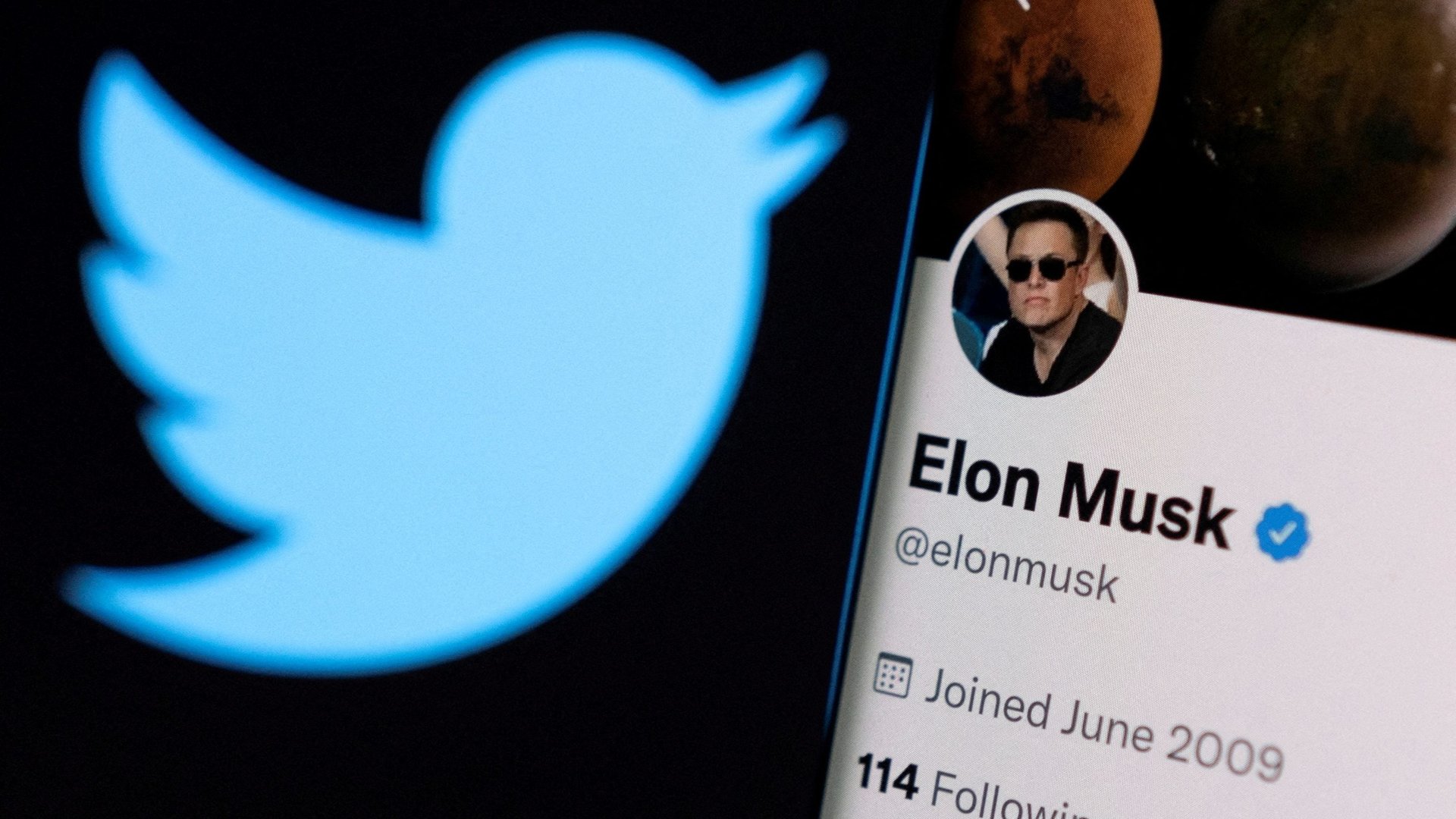Why Twitter reconsidered Elon Musk’s buyout deal
When Elon Musk offered to buy Twitter for $43 billion 10 days ago, the platform didn’t welcome him with open arms.


When Elon Musk offered to buy Twitter for $43 billion 10 days ago, the platform didn’t welcome him with open arms.
The Tesla and SpaceX CEO is in some ways Twitter’s biggest fan—he uses the platform to share views and news to such an extent that the US Securities and Exchange Commission stepped in to require that company lawyers help moderate his feed. This month he temporarily became the platform’s biggest shareholder. But he also loves to troll Twitter, arguing that it doesn’t respect free speech because of its content moderation rules, and that he could run it better than its current ownership.
Twitter initially responded with a “poison pill” defense that would dilute the value of Musk’s shares, if triggered, and make any takeover effort very expensive.
On April 25, Twitter announced a $44 billion sale to Musk.
Why did Twitter reconsider Elon Musk’s offer?
On April 21, Musk said he has the funding to get this deal done quickly. About half the money is his own, while investment banks led by Morgan Stanley will kick in the other half through financing. Twitter’s board had to justify rejecting a generous offer, more than 10% above the company’s current stock price.
As Quartz wrote in a Forecast email yesterday (April 24), there are many who think Twitter does need help in finding the right balance between its goals of being a profitable business, and its valuable role as a public sphere on the internet. Among them is Ben Thompson, the writer of the popular newsletter Stratechery, who believes that Twitter should go private—even if that means a transformation engineered by Musk, which could mean less moderation and more acrimonious discourse, as well as a larger focus on subscriptions.
Musk has been arguing that he can unlock Twitter’s “extraordinary potential.” According to the Wall Street Journal, he made his case directly to shareholders since last Friday (April 22)—they were attracted by the terms of the offer itself, and Musk’s track record as a founder and CEO of very successful tech businesses.
Netflix’s cautionary tale
After Netflix reported last week it had lost 200,000 subscribers in the first quarter of 2022—and said it would lose another 2 million from May through June—investors were quick to respond.
Its stock price has plunged nearly 40% following the earnings announcement on April 19, while Bill Ackerman, a billionaire investor, sold his stake at a loss of around $400 million, saying he had “lost confidence” in predicting the company’s future prospects.
If the deal hadn’t gone through, Musk could have sold his stake, which could have triggered a loss of confidence and a similar downward spiral of Twitter’s shares.
This piece has been updated.